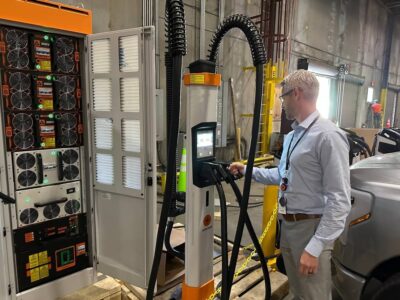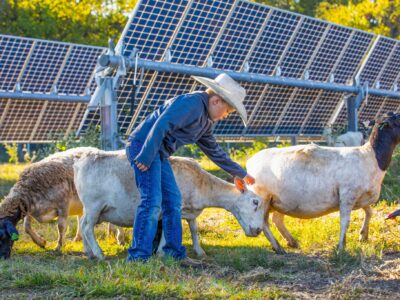Companies that cater to outdoor enthusiasts are a natural fit for initiatives that protect the environment. That’s the idea behind a recent partnership between four leading outdoor drinkware brands that aims to identify actions and opportunities that can lower carbon emissions across their shared supply chain.
The Drinkware CoLab will support the Outdoor Industry Association’s (OIA) goal to become the world’s first climate-positive industry by 2030. The four participating businesses — Klean Kanteen, MiiR, Stanley, and YETI — make bottles, mugs, tumblers, and other drinkware products designed to withstand extreme conditions and heavy use.
The partnership will operate as part of OIA’s Climate Action Corps, an initiative that aims to go beyond net-zero emissions to create a positive overall carbon emissions benefit.

The collaboration is designed to drive changes that will reduce the environmental impact of manufacturing, which is one of the most significant contributors to the ecological footprint of durable food and beverage containers. The main goals are to move suppliers to 100% renewable electricity and develop science-aligned emissions-reduction targets for supplier facilities.
“Many supply chain problems are too grand for any individual company to address single-handedly,” said Sarah Rykal, senior manager of the OIA Climate Action Corps. “We see these types of collaborations as a key puzzle piece in reaching the Corps’ climate goals, as well as each brand’s individual goals, and we ultimately plan to use this project as a model for future CoLabs to follow.”
The OIA facilitated all aspects of the CoLab and provided project management for the brands. Costs will be shared by the participating firms, along with suppliers and third-party funding.
A sustainability consulting agency was hired to identify and oversee areas of improvement, emission goals, and headway, then assess each and help develop decarbonization roadmaps. Among the changes suppliers can make to lower their greenhouse gas emissions include becoming more energy efficient and transitioning to more renewable energy sources.
“Collaborations like these — combined with deep engagement with our suppliers — are critical to ensure that our shared emissions reduction goals are in reach and that we continuously improve the sustainability of every bottle we design,” said Terence Reilly, Stanley’s Global president.
The businesses involved in the CoLab project already have robust environmental and sustainability programs.
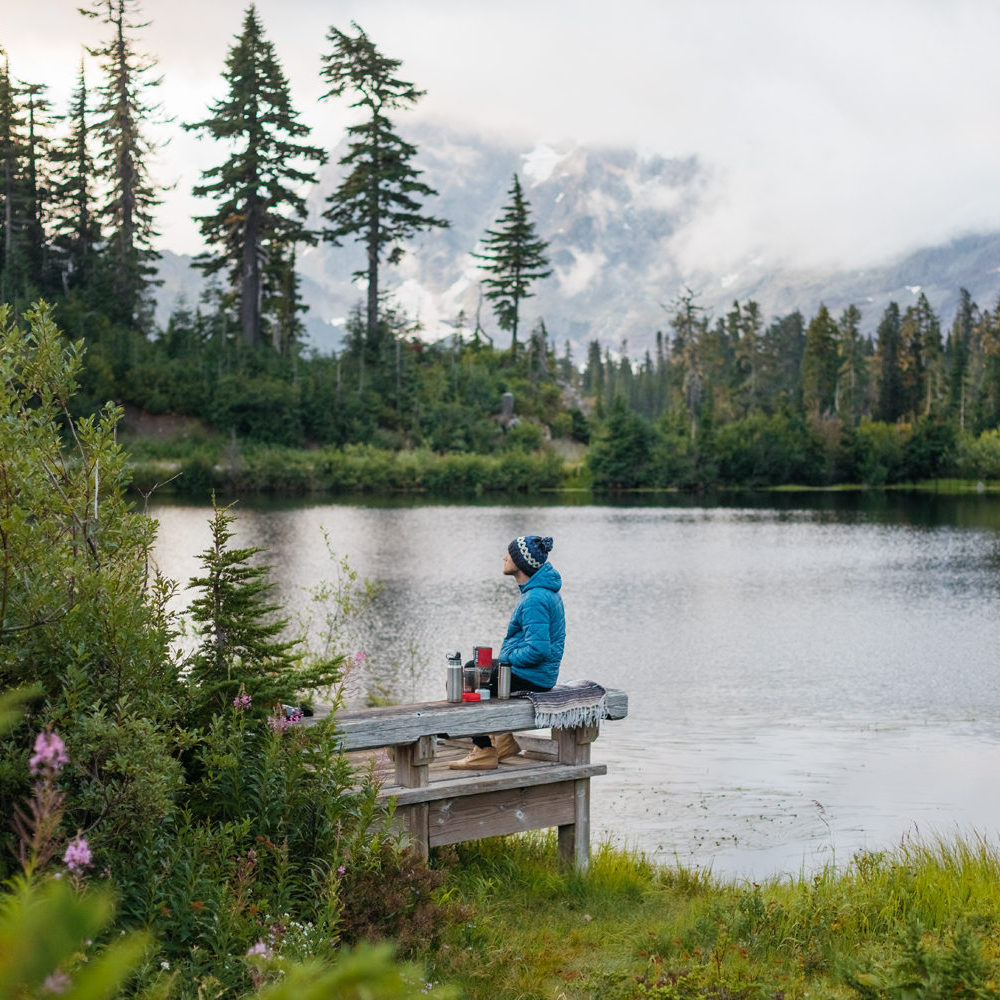
Klean Kanteen, a California-based maker of reusable stainless-steel drinkware and food containers, is a Certified B Corp that has been a Climate Neutral Certified Brand since 2019. As a member of 1% for the Planet, it has donated $3.6 million of its revenue to organizations involved in plastic pollution, safe consumer products, conservation and climate, and outdoor stewardship.
Seattle-based MiiR makes premium stainless steel vessels for coffee, water, spirits, and food. The company uses Forest Stewardship Council Certified materials, and all of its inner and outer materials are 90% post-consumer recycled cardboard. It has also joined prAna’s Responsible Packaging Movement and plans to eliminate single-use plastic and virgin forest fiber from its packaging.
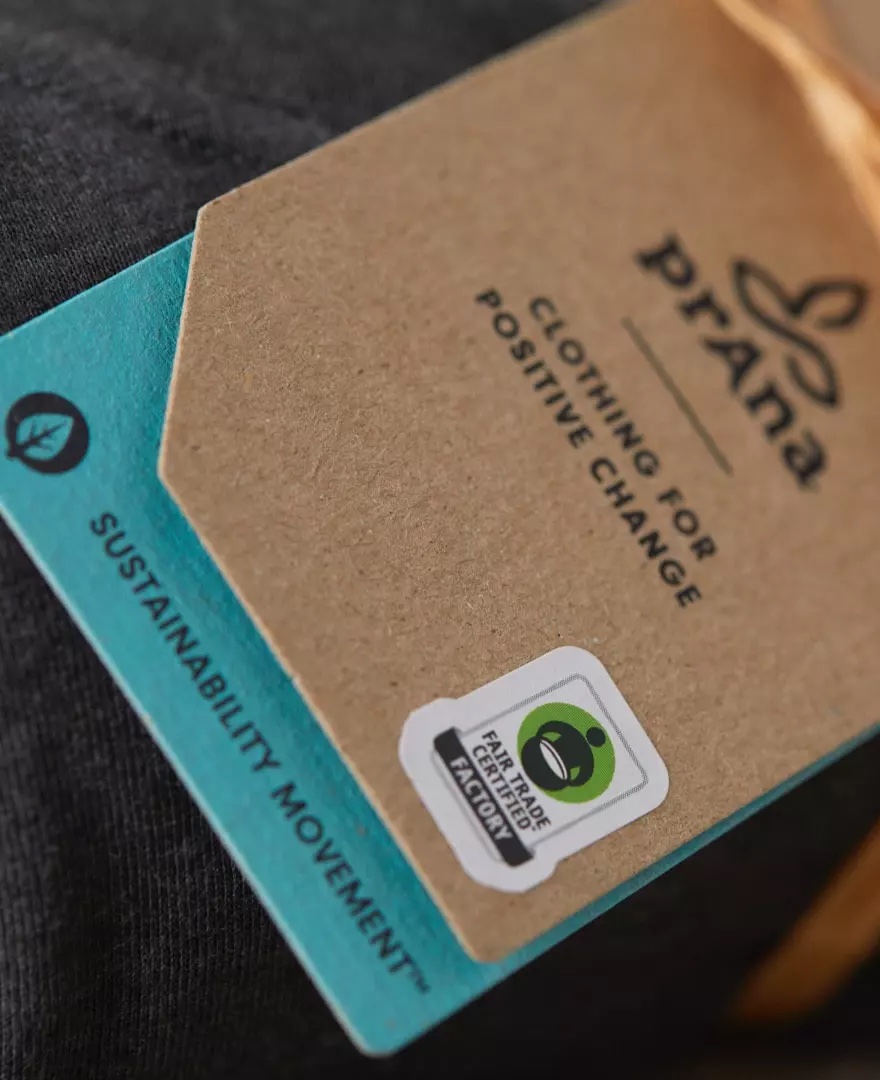
Stanley, a unit of Seattle-based PMI Worldwide, has created reusable food and beverage gear for more than 100 years. The company is committed to sustainable practices across its supply chain, from manufacturing to recycled materials and packaging. It has eliminated most conventional plastic packaging, and all paper packaging will be certified sustainable or recycled content by 2025.
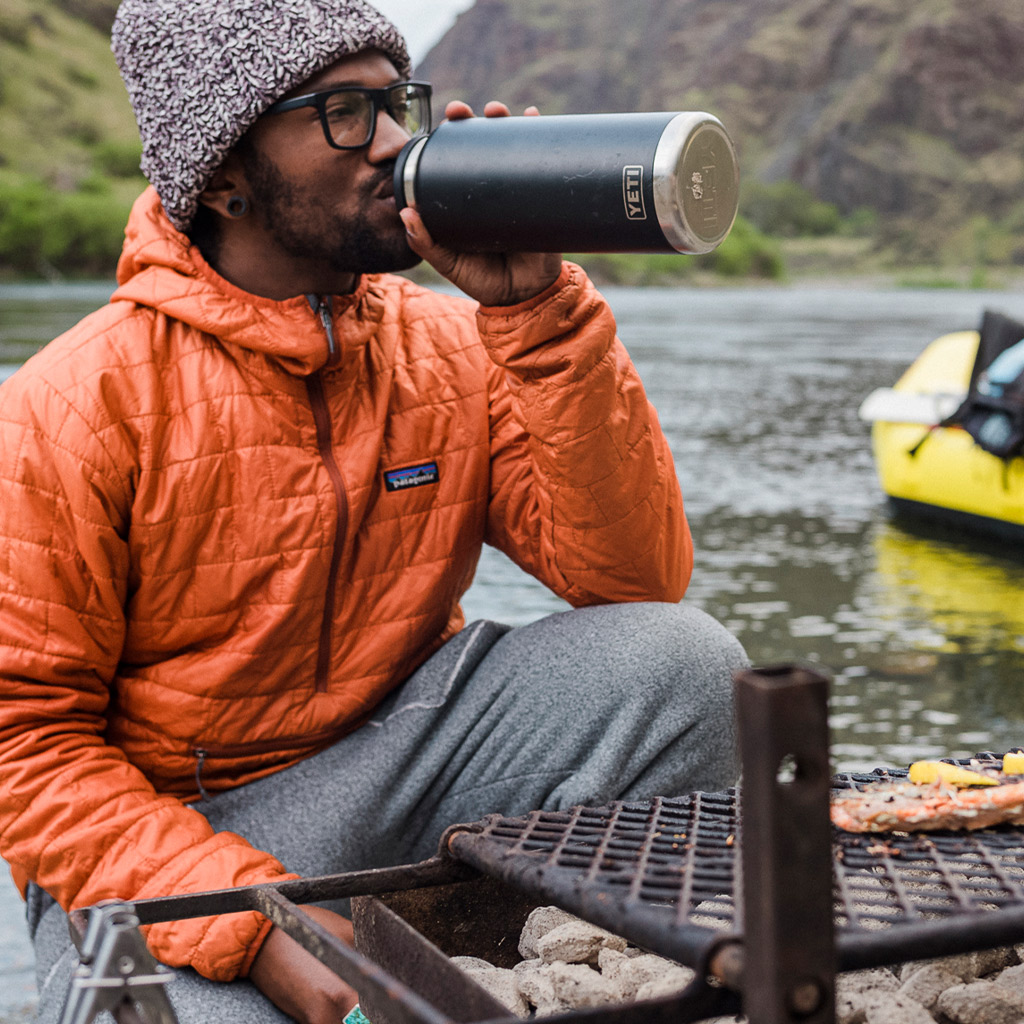
YETI Holdings, headquartered in Austin, TX, is a global designer, retailer, and distributor of outdoor products ranging from coolers and drinkware to backpacks and bags. Its sustainability targets include reducing its Scope 1 and 2 emissions by 50% and Scope 3 emissions by 27% by 2030 compared to the fiscal year 2020 baseline. The company also plans to source 100% renewable electricity in its U.S.-owned and operated facilities by 2022.


